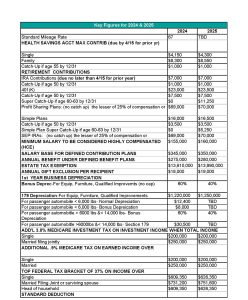Before President Obama stepped into the White House, foreign investors have contributed to U.S. prosperity with their capital, new technologies and ideas, and by encouraging a competitive enthusiasm within the country.
However, in 2012 the share of worldwide inward stock of foreign investment had shrunk from 37 percent to only 17 percent. The U.S. attracted 28% less in foreign direct investment than the year before.
Lackluster domestic economic activity, an expansionary fiscal (and monetary) policy, and a notable shift in global investment preferences had played their unique roles in deterring foreign direct investment.
Marking a turning point for the President and his Cabinet, they set out to remind the world why the U.S. should still be the premier investment destination of choice.
In 2013, Obama pushed for an open investment policy saying, “Officials at the highest levels, up to and including me, are going to do even more to make the case for investing in America.”
He goes on to say, “As a country, we don’t always make our case in a coordinated way that links our teams overseas to the right senior officials in Washington. And we’re going to change that, make our advocacy more efficient, more effective, more connected so that businesses who are making decisions about where to invest are getting timely answers and know that they’re going to have all the help that they need.”
Fast forward to today and he is still pushing to attract foreign direct investment through an open investment policy. Judging by these statistics compiled by the Bureau of Economic Analysis, there is no question as to why.
According to the BEA, in 2013, majority-owned U.S. affiliates of foreign-headquartered firms:
- Made up 5.8 percent of total U.S. private industry added value.
- Employed 6.1 million workers (roughly 5.2 percent of U.S. private industry
employment). - Paid an average compensation of over $79,000 (estimated 33 percent higher
than average compensation paid to private industry workers as a whole). - Exported $360 billion of goods (23 percent of total U.S. exports of goods).
- Invested $53 billion into research and development (more than 16% of all
U.S. business investment in R & D combined).
These figures make it clear that attracting foreign investment is of paramount importance to the White House and to the economic growth of the country.
President Obama acknowledges that an open investment policy serves the country’s best interests.
This is great news for the U.S., but it also bodes well for foreign companies that want to tap into the U.S. market.




